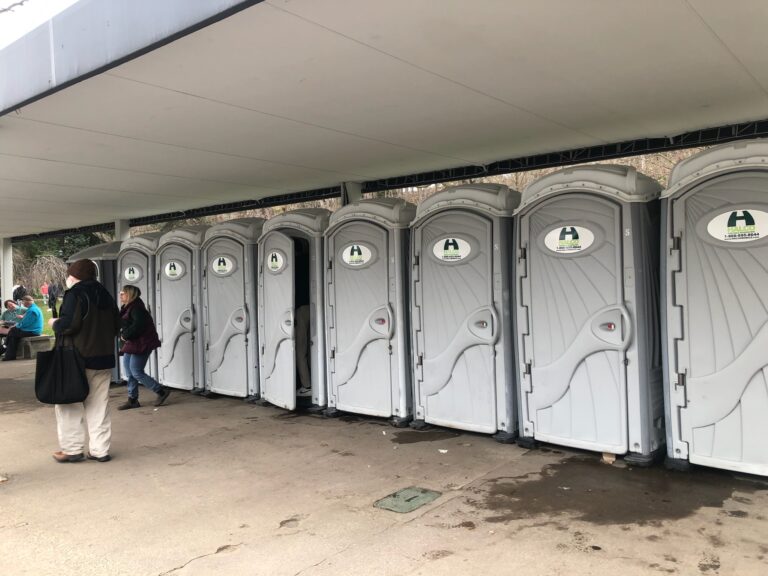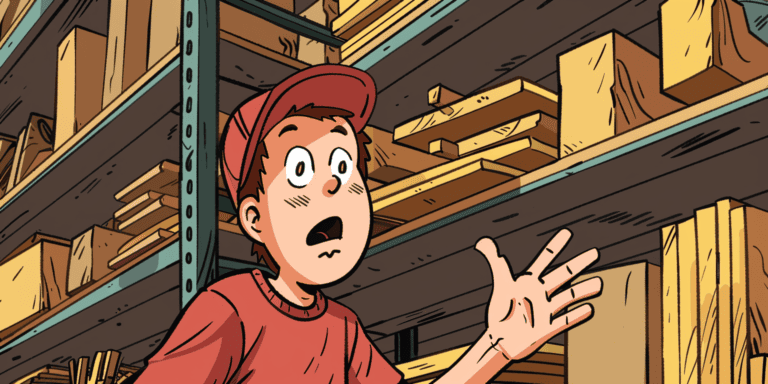Michael Eagen
Special to The Lake Report
Marshall McLuhan, the somewhat forgotten media guru of the 1960s and ‘70s, maintained that citizens living in any political structure, when faced with new technological challenges tend to attach themselves to the flavour and objects of our recent past. He called this the “rear-view effect.”
Rather than the confronting view that we are forced to see through the windshield, we cling to the rear-view mirror because it offers a more comforting view.
The result of our recent federal election has seen two regions of the country choosing the more comfortable view “by marching backward into the future.”
Alberta and Saskatchewan tend to see all issues as economic in nature while Quebec increasingly sees all issues as cultural.
Regardless, both are similar in their responses as each region refuses to look through the windshield.
For both Alberta and Saskatchewan, the past, present and future are primarily about oil and natural gas, but such a narrow strategy has been shown for some time to have weaknesses.
Oil sands extraction is expensive and increasingly not competitive in price with other well-sourced producers. In addition, solar, wind and water energy sources are encouraging the production of electric autos, trains and even ships.
The response from 70 per cent of voters from the western region was to elect every Conservative candidate to Ottawa with no road map for future economic solutions. Instead the blame game is fuelling more animosity toward the Green Party, the NDP and the Liberals for failure to build pipelines and adding more environmental regulations for future pipelines.
This strategy will ensure the re-election of western premiers and more MPs to Ottawa and also encourage the Wexit movement, but at some point citizens will need to develop a new economic vision.
The second region to suffer from marching into the future backward is Quebec.
The previously dormant Bloc Party made significant gains in the mostly rural regions of the province as we heard its leader, Yves-Francois Blanchett, speak often of a future Quebec “nation.”
As we continue to live in a global village with integrated markets, supply chains and lower tariffs in place Blanchett’s vision seems to be an unrealistic notion.
But the Bloc has been able to encourage voters to see the world through the rear-view mirror and blame Ottawa for attempting to destroy the French culture by allowing an increase in immigration numbers of people who have different religions, dress and languages.
Bill 21, concerning religious symbols, and the Bloc’s Values Charter will be in place soon and the Québécois will be expending huge amounts of energy on these regulations – as opposed to looking at pathways to improve the economy and thus the lives of all the province’s citizens.
Unlike Quebec and the west, Ontario did not show a regional trend in this election but since the results were disappointing for the Conservative party one could surmise that voters had seen a provincial premier who appears to be unaware of some of the more complex issues facing the province. The shoot-from-the lip policies and bluster perhaps made Ontario voters wary and they stayed with a not particularly successful Liberal party – but at least one that seemed to be aware of some of the future challenges.
What indeed is the solution for all Canadians to start looking forward and not back?
Certainly the encouragement and incentives to Google techno incubator labs and other companies that are willing to situate in Canada, but perhaps it is time for a national program.
Big Brother as it may seem, why not fund a program in which the federal government provides seed money for new and innovative ideas, which might free up our thinking, as opposed to entrepreneurs always scratching around for funding.
In the recent past, Canadians have been responsible for several medical, scientific and technological breakthroughs. Why not quadruple our efforts by actively encouraging new ways of approaching our complex world?
Every citizen would reap the benefits and, in turn, a more united nation might be a byproduct of such ventures, as opposed to the present trend.
It’s time to look at the view through the front window rather than the one behind us.
Contributor Michael Eagen lives in Niagara-on-the-Lake.








